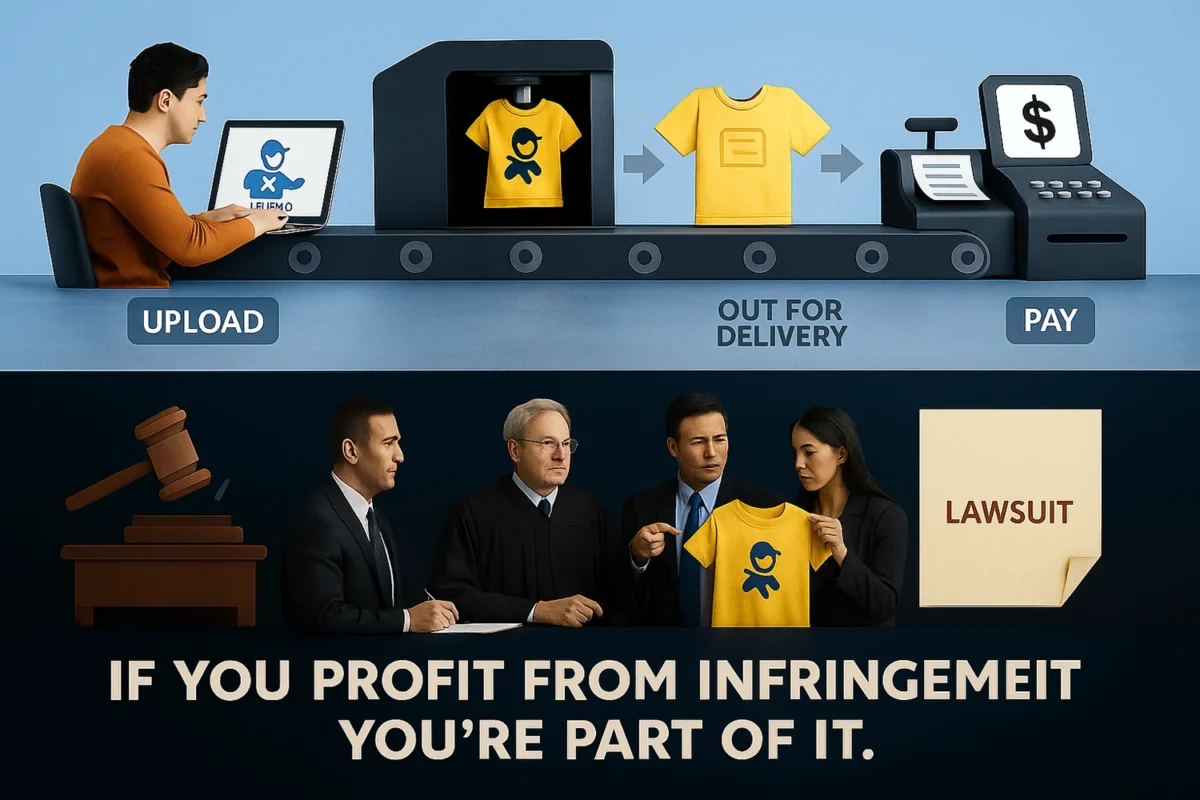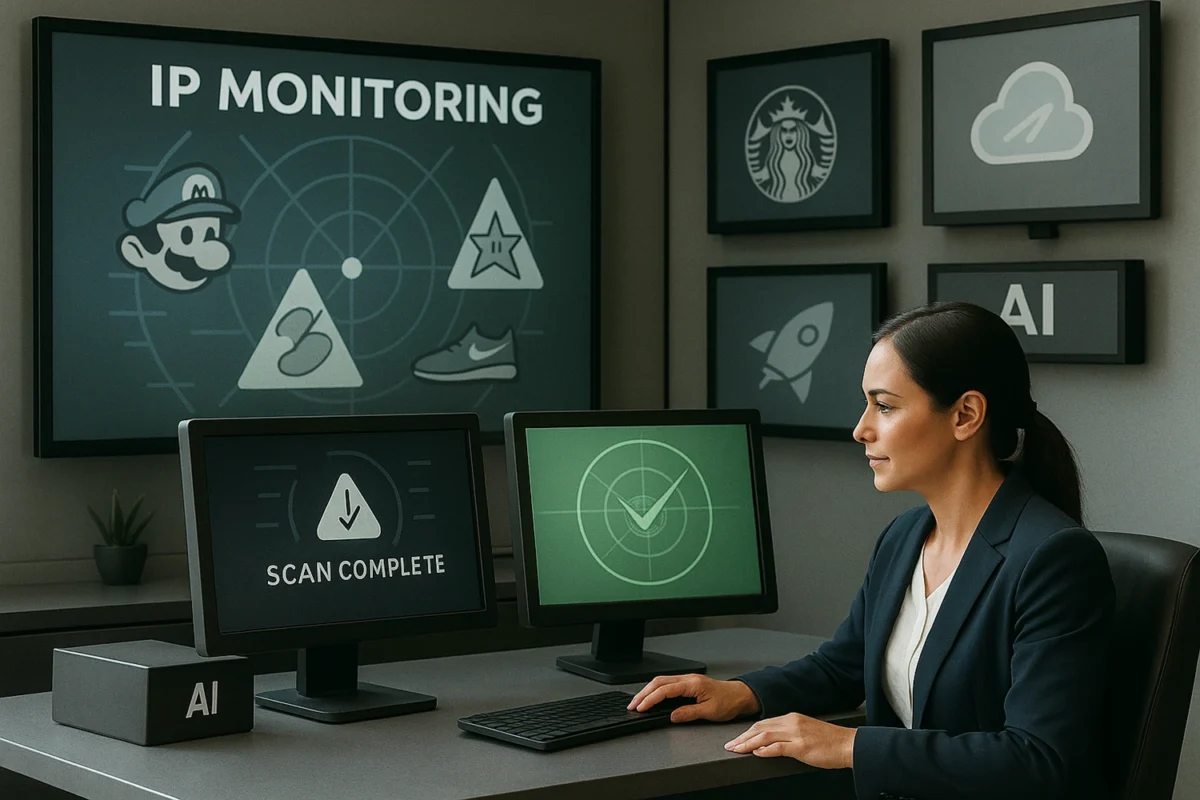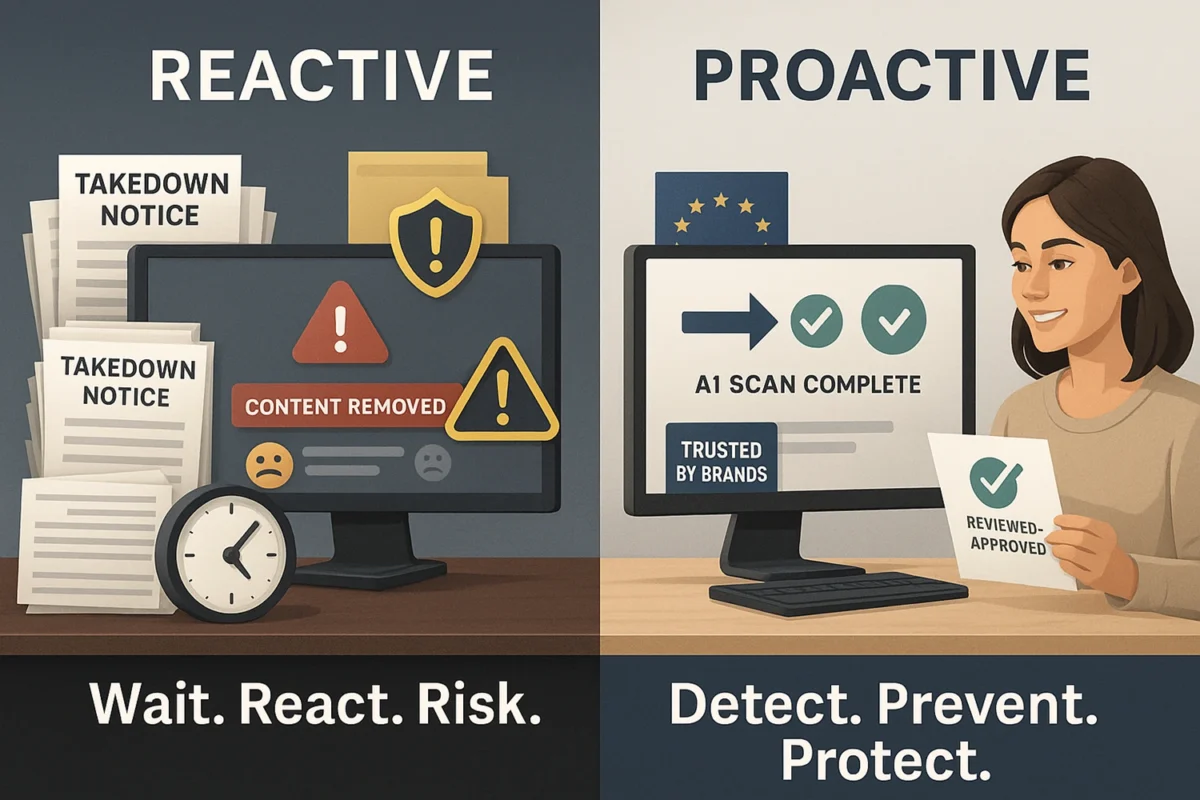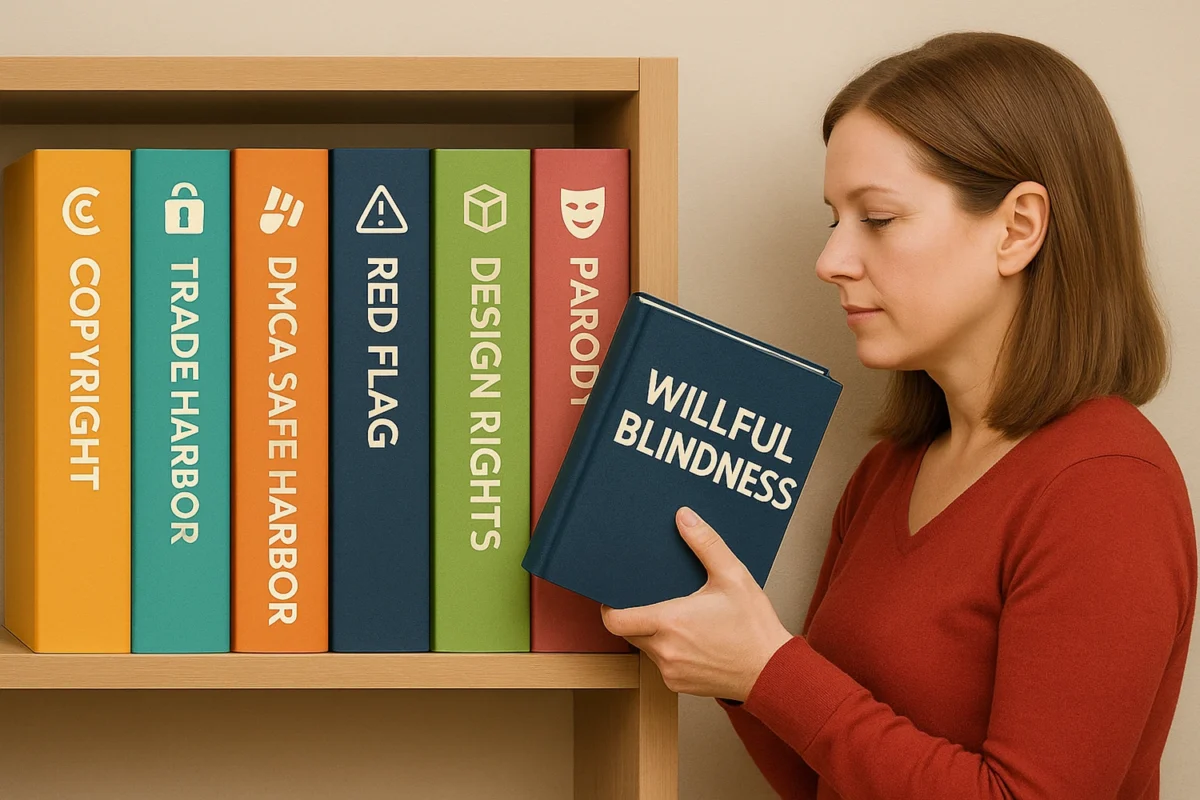Redbubble, Teespring, and the Lessons of IP Enforcement Failures
Print-on-demand (POD) platforms empower creators to design and sell products without holding inventory. But with that power comes a unique risk:
When users infringe on IP, POD platforms aren’t just hosting the content – they’re often fulfilling, shipping, and profiting from it.
And that distinction is exactly why Redbubble and Teespring found themselves in court.
Let’s break down what went wrong – and what every POD platform can learn before it’s too late.
1. Redbubble: Not Just a Passive Host, but a Commercial Actor
Redbubble has repeatedly argued it’s a platform – not a seller. But courts have disagreed.
Why? Because Redbubble:
- Printed infringing content on-demand via manufacturing partners
- Handled payments and shipping
- Provided customer support and returns
- Took a cut of every sale
In the Pokémon and Hells Angels cases, courts ruled that Redbubble:
- Was not a passive intermediary
- Played a commercially active role in the infringement process
- Could not rely on Safe Harbor due to this direct involvement
Lesson: If your platform fulfills and profits from infringing goods, you can be treated as the seller, not just the host.
2. Teespring: Repeat Infringers and Systemic Blind Spots
Teespring (now rebranded as Spring) grew quickly on the back of viral designs – but many were unauthorized.
The issues:
- Infringing designs featuring NFL teams, universities, Disney characters
- Sellers using workarounds to avoid keyword filters
- No clear or effective repeat infringer policy
- High volume of takedown requests with no systemic changes
As a result, Teespring was hit by:
- Multiple lawsuits
- Damaged brand relationships
- Increasing pressure from payment processors and platforms (e.g., PayPal, Shopify)
Lesson: Failing to enforce against repeat infringers – or ignoring the volume of violations – puts your entire platform at legal and commercial risk.
3. POD Platforms Are Not Neutral Intermediaries
Unlike marketplaces that simply list products from third parties, POD platforms actively participate in the product lifecycle:
- They generate the product from the uploaded design
- They control fulfillment and logistics
- They receive a share of the revenue
This means POD platforms:
- Can’t claim ignorance
- Are incentivized to catch infringement before production
- Need stronger protections than traditional marketplaces
Legal reality: Courts increasingly view POD platforms as commercial participants, not neutral tech providers.
4. Key Lessons: Don’t Ignore the Red Flags
Redbubble and Teespring made similar mistakes:
- No pre-upload review
- Delayed action on repeated violations
- Lack of proactive, scalable enforcement
- Underestimating how involvement in fulfillment increases liability
The lesson for other POD platforms is simple – if you profit from infringement – and do nothing to stop it – you become liable.
The solution?
Use tools like VISUA’s Infringio to:
- Flag IP risk before designs are produced
- Catch repeat infringers automatically
- Analyze designs contextually, not just by logos or keywords
- Prove to courts and brands that your platform takes IP seriously
Conclusion: POD Success Demands Proactive Compliance
Redbubble and Teespring show what happens when POD platforms ignore IP risks and scale without safeguards.
If you run a POD platform today, ask:
- Are you reviewing uploads before fulfillment?
- Are you tracking repeat offenders?
- Are you using smart tools to detect subtle infringement?
Because the more involved your platform is in production and profit, the more important it is to get compliance right – before you become the next cautionary tale.
Want to avoid Redbubble’s legal path and Teespring’s brand damage? Book a demo with VISUA today to see how Infringio works.
Disclaimer: Not Legal Advice
This content is provided for informational purposes only and does not constitute legal or professional advice. The information reflects our understanding as of the date of publication and may not apply to every situation or jurisdiction. You should consult qualified legal counsel for advice tailored to your specific circumstances. Any actions taken based on this content are at your own risk. Neither VISUA nor its affiliates accept liability for any losses or damages arising from the use of this information.
Book A DemoRELATED
How AI Is Changing the Game in IP Enforcement
Reading Time: 2 minutesIP enforcement used to be simple: But today’s infringement landscape – especially for POD and UGC-heavy platforms…
BlogThe Future of IP Compliance – Proactive vs. Reactive Models
Reading Time: 2 minutesFor years, most platforms treated IP compliance as a reactive function: But the market – and the…
BlogGlossary of Key IP Terms for Platform Operators
Reading Time: 2 minutesIf you operate a marketplace, POD service, or UGC platform, you’re already navigating complex IP compliance issues—whether…
Blog


